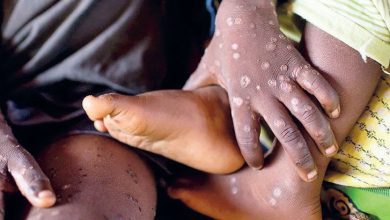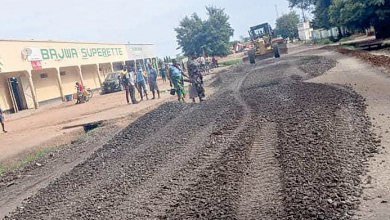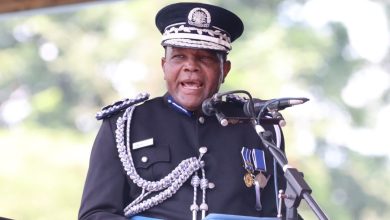Enough HIV drugs in stock—Minister
Minister of Health Khumbize Kandodo Chiponda says Malawi has sufficient drug stocks to manage HIV and Aids for the next 11 months, allaying fears that the suspension of USAid funding could derail progress.
The minister spoke in an interview on the sidelines of the 74th Health Ministers Conference of the East, Central and Southern Africa Health Community (ECSA-HC) in Lilongwe yesterday.

Said Chiponda: “We have continued to provide services as usual. Where USAid has withdrawn staff, we have put our own health workers to fill the gaps.
“The most important thing is that we have sufficient stocks for managing HIV and Aids to cover us for at least eleven months—nearly a year from now.”
She said the Malawi Government is also leveraging the Health Sector Joint Fund supported by contributions from Germany, Norway and the United Kingdom to bridge the financial gap left by the United States Agency for International Development (USAid) funding.
USAid’s decision followed an executive order by US President Donald Trump temporarily halting funding to poor countries, including Malawi which is keeping fingers crossed over an estimated $284.7 million (about K493.7 billion) financing.
The minister, therefore, urged the public not to panic, adding that the government is engaging with other partners to ensure continuity in the health sector.
However, Chiponda did not provide specific details on how the government sourced the additional healthcare workers to replace those supported by the US Government funding.
Meanwhile, the conference has played down the potential impact of USAid funding suspension, citing its cost-effective operational model.
ECSA-HC, an intergovernmental organisation, which includes member States such as Kenya, Lesotho, Malawi, Mauritius, Eswatini, Tanzania, Uganda, Zambia, and Zimbabwe, has been in the forefront of addressing critical health challenges in the region.
In an interview yesterday, the agency’s acting director general Sibusiso Sibandze said the organisation maximises the value of every dollar received.
He said: “While USAid funding has been crucial, we implement our activities in a cost-effective manner. Even with the funding withdrawal, we are confident in our ability to continue supporting member States.”
Trump’s orders come at a time when the country gets $350 million (K606 billion) from the US government annually in bilateral assistance covering health, agriculture, education, environment, transport and governance.
In Malawi, USAid’s top investment sectors include HIV and Aids with K134.6 billion, basic health at K81.9 billion, agriculture at K53.7 billion, basic education pegged at K43.2 billion, family planning, maternal and child health worth K40.5 billion, disaster prevention and preparedness at K19.5 billion, government and civil society at K16.4 billion, post-secondary education at K14.7 billion and general environmental protection at K13.2 billion.
Vice-President Michael Usi, who presided over the opening of the conference, urged member States to prioritise health data integration and innovative financing strategies to strengthen regional health systems.





